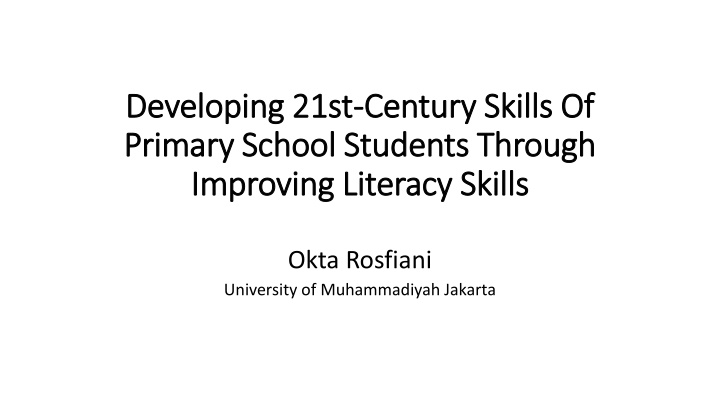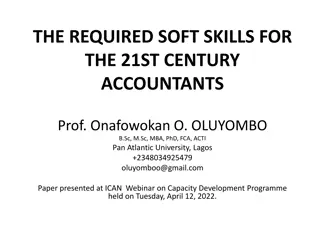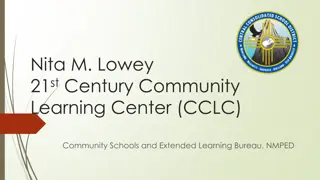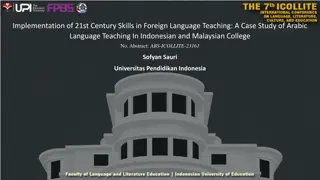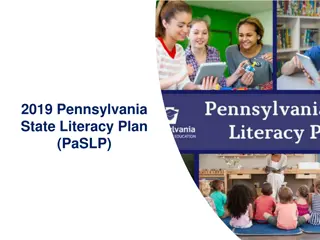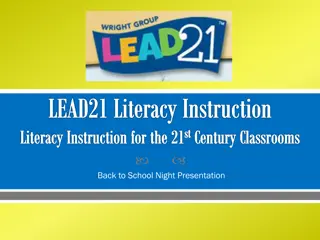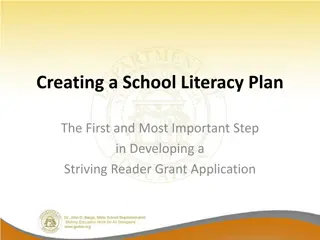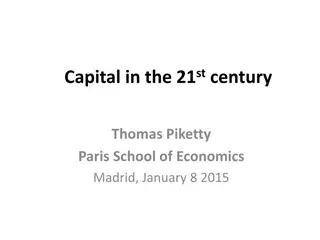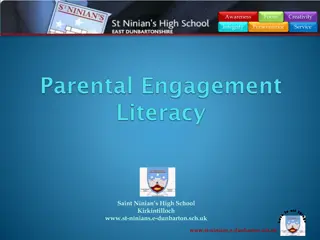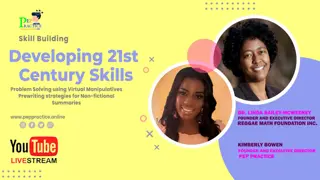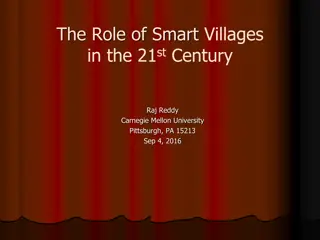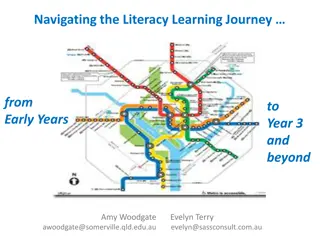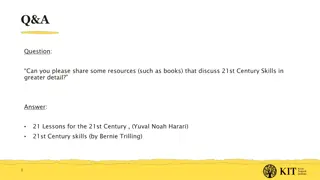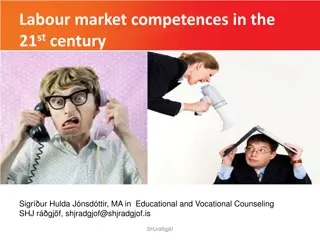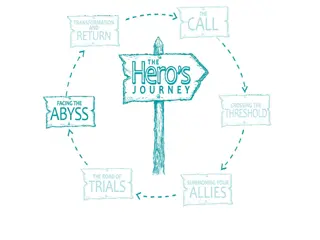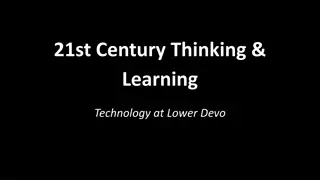Enhancing 21st Century Skills of Primary School Students through Improved Literacy
Students' 21st-century skills can be developed by improving literacy skills in reading, writing, speaking, and problem-solving. This study focuses on training teachers to enhance students' skills through a constructivist approach, project worksheets, and assessments in various subjects. Action research methods were used to evaluate the impact on fifth and sixth-grade students, showing varied improvements in literacy skills based on teacher engagement and confidence levels.
Download Presentation

Please find below an Image/Link to download the presentation.
The content on the website is provided AS IS for your information and personal use only. It may not be sold, licensed, or shared on other websites without obtaining consent from the author.If you encounter any issues during the download, it is possible that the publisher has removed the file from their server.
You are allowed to download the files provided on this website for personal or commercial use, subject to the condition that they are used lawfully. All files are the property of their respective owners.
The content on the website is provided AS IS for your information and personal use only. It may not be sold, licensed, or shared on other websites without obtaining consent from the author.
E N D
Presentation Transcript
Developing 21st Developing 21st- -Century Skills Of Primary School Students Through Primary School Students Through Improving Literacy Skills Improving Literacy Skills Century Skills Of Okta Rosfiani University of Muhammadiyah Jakarta
Introduction Introduction Students' 21st-century skills are acquired through literacy. Teachers can train students to read, write, and solve problems by using a mix of teaching strategies, and ePortfolios. But in reality, the teaching carried out by teachers has not been able to develop students' 21st-century skills, due to the low literacy skills of teachers. This study aims to develop the 21st-century skills of fifth and sixth-grade elementary school students by improving literacy skills of reading, writing, speaking and problem-solving in Indonesian, science, social studies, and citizenship education subjects. This is done by providing technical guidance to mentoring fifth and sixth- grade elementary school teachers in designing a constructivist lesson plan, project worksheet, and reading literacy assessments.
Literature Review Literature Review 21st Century Skills Five sub-constructs of 21st-century skills are critical thinking and problem solving, communication and collaboration, interpersonal skills, leadership, and technological literacy (Motallebzadeh, 2018). Literacy Skills Reading fluency is a well-acquired literacy skill (Bonifacci, 2020). ePortfolios are a good way to teach literacy skills (Fidalgo, 2019).
Methods Methods This study uses an action research approach. The research participants were teachers and elementary school students who were selected by purposeful sampling. The researcher chose several elementary schools and selected several teachers and a group of students in them. Data were collected qualitatively and quantitatively. Collect qualitative data using interviews and questionnaires, as well as documents. Interviews and questionnaires, in the form of open interview transcriptions or open questions on the questionnaire given to teachers and students. Meanwhile, the document is a record of various documents designed and collected by the teacher, namely the constructivist Learning Implementation Plan (RPP), and the Assignment Worksheet Project (AWP). The student documents from students' reading literacy work. Collecting quantitative data using tests, and observing the teacher's behavior. While the observation of individual behavior, in the form of a behavior checklist (in this case the teacher)
Results and Discussion Results and Discussion The results showed two different findings. In the fifth grade, it was reported that there had been a significant increase in literacy skills, while in the sixth grade it was not. This is because fifth-grade teachers do better in developing 21st-century skills for their students than sixth-grade teachers. This is because fifth-grade teachers have a good level of self-confidence, and believe in the abilities of their students. The fifth-grade teacher also has a good track record during teacher-student education. It is reported that fifth-grade teachers acquire 21st-century skills while studying in college such as problem-solving, communicating, and collaborating with their groupmates in completing specific tasks compared to the sixth-grade teacher. The sixth-grade teacher also lacks good self-confidence and does not have confidence in the abilities of their students.
Conclusions Conclusions This paper has argued that the use of a project-based constructivist learning plan and assessment model is empirically proven capable of developing students' 21st century skills. Among them are the use of critical engagement learning methods that encourage students to think critically and act critically and facilitate student involvement in the world around them. In addition, the use of another method, namely student-student interaction, indicates students to collaborate in groups to solve problems and investigate. The reserach has also shown that by reading texts students are able to identify problems, present reports, discuss the contents of the text so that students' literacy skills develop where students gain abilities ranging from reading, writing, speaking, and solving problems at the level of expertise required in school, family and community. the society in which they live.
